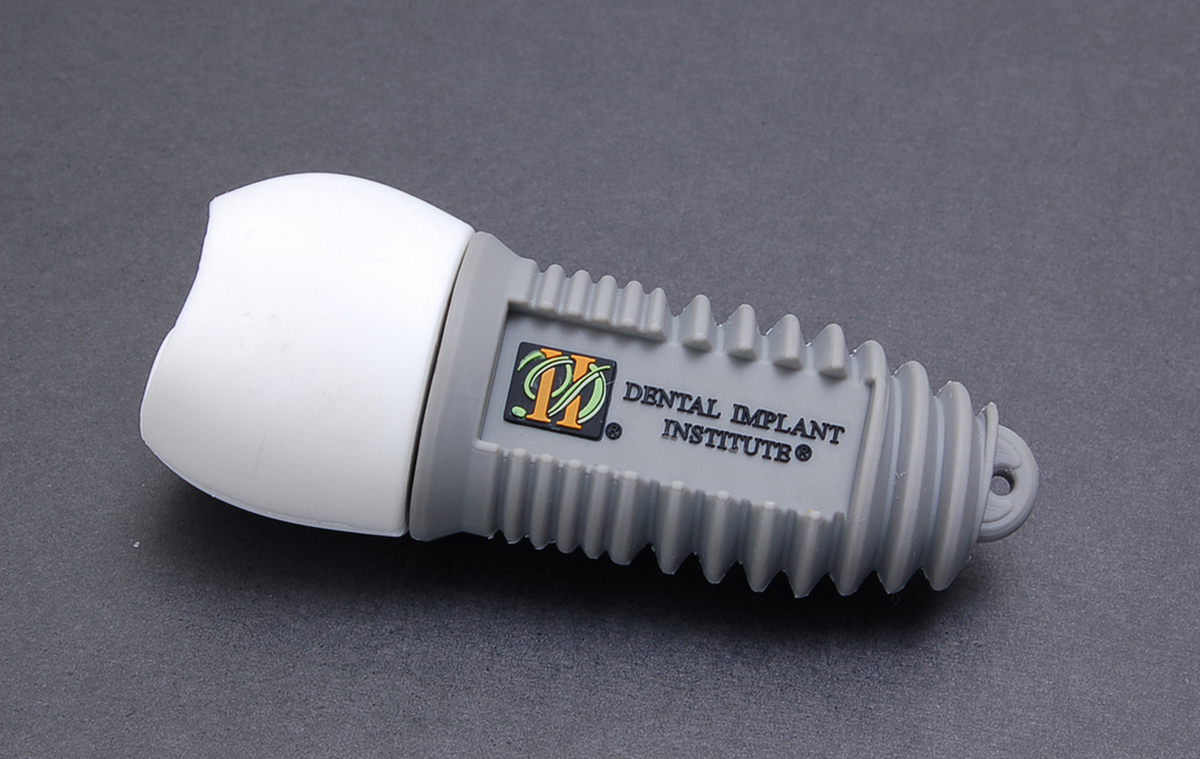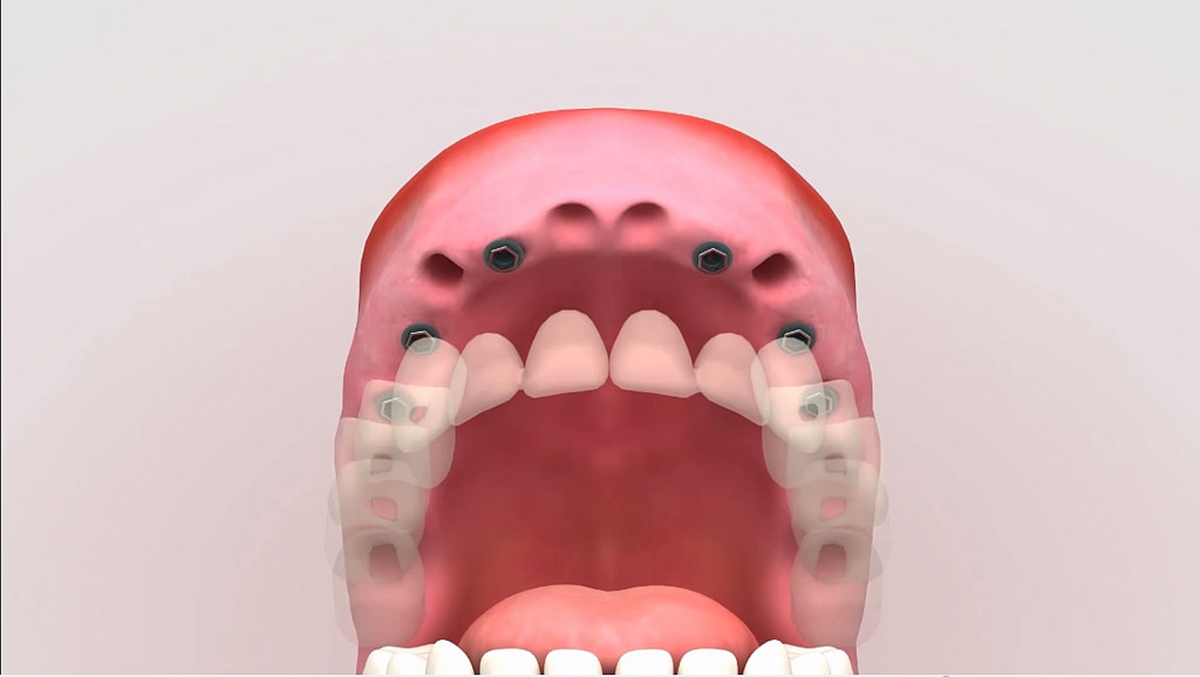A dental implant is fast becoming the treatment of choice for the replacement of missing teeth. This treatment choice has been around long enough now to have been followed up for a significant amount of time and to have been used in a variety of different clinical situations. The success rate over a period of 10 years is estimated to be a staggering 98 percent or more worldwide. It would be extremely challenging to find another surgical procedure with that kind of success rate across medical fields.
However, there has been one inadvertent effect of this success. A lot of people do not quite understand the concept of implant failure or how to recognize it. Some people also mistakenly believe that since the dental implant is titanium in nature, it is invulnerable to infection!

How To Recognize A Failing Implant?
Some of the things that should raise a red flag are the presence of swelling, redness and bleeding in the area. In fact, bleeding around the implant is one of the first symptoms that will be apparent. Gingivitis, or inflammation of the gums around an implant is taken much more seriously than around teeth. This is because even though the implant looks and behaves in a manner similar to natural teeth, the underlying architecture is very different.
Pain, surprisingly, may or may not be present. Even if it is present, it is from the infection affecting the surrounding structures, rather than the implant itself. Mobility is one of the last few things that you will notice in an implant before it fails completely. This is again different than how a natural tooth behaves which may become mobile quite early in the infection cycle. In the case of implants, there is almost never any going back once it becomes mobile.
Why Do Implants Fail?
There are several reasons for why Implants could fail and the most common among them have to do with neglect. Poor oral hygiene can affect the longevity of dental implants in much the same manner that they affect natural teeth. Even though, Dental Implants are immune to decay causing micro-organisms thanks to their titanium body, they are equally (or slightly more) prone to gum disease as natural teeth.
READ Dental Implants Surgery: The Pros And Cons
Implants can also fail if they have an excessive amount of pressure loaded on them. Such situations can result in cases where lesser, smaller and narrower implants were placed than were necessary. This is an operator error that will only come to light after a few years of use.
Certain age-related bone loss, especially in post menopausal women, can also be a factor in the loss of supporting bone around the dental implants.
Okay. My Dental Implant Is Failing. What Now?
What Can Be Done To Save The Implant From Failing?
The answer to this question depends on how bad the destruction around the implant is. Regular recall checkups will help in recognizing the destruction around the implant at an early level.
If the dentist notices that bone loss around the implant is continuing beyond what is considered normal, then it is likely that the patient will be asked to come in for periodontal therapy. Scaling and curettage will be done around the implant to help reduce the number of disease-causing organisms. The need for a surgical exposure may or may not be present.

If the bone loss has progressed to a point where its survival is being threatened, then the dentist might advise a surgical procedure to try and augment the bone support. This can involve the placement of bone graft around the implant, as well as collagen membrane that will allow the bone cells to migrate into the area and help in the healing.
If the implant has become mobile, then for all intents and purposes it has failed already.
What To Do After An Implant Has Failed?
It is extremely rare that an implant will just "fall out", like it sometimes happens with a tooth. In most cases, a failed implant will continue to be retained in the oral cavity, even if it is dangling by its very last threads. Such an implant will have to be removed by the dentist and then further treatment planning can take place.
The cause of implant failure has to be looked into before re-treatment can be decided on. If the cause is systemic in nature and cannot be resolved then the doctor will offer suggestions other than implant treatment. If however, the problem was found to be in the treatment planning aspect or of the maintenance of the implant, then it can usually be easily corrected.
READ What To Expect From Dental Implant Surgery
What Can You Do To Prevent Implant Failure?
As a patient, all you can do after getting an implant placed is to ensure you are checking in regularly with your doctor for a recall visit. The maintenance regimen after completion of the treatment is what decides the longevity of the procedure.
The implant once fully integrated in the patient’s bone is a part of the body. It is susceptible to the same kind of infections like other teeth in the mouth and it also needs the same care.
Simple things like brushing twice a day, using a mouthwash and avoiding biting excessively hard things may seem like obvious things, however it is remarkable how many people forget about them after a few months. Following good oral hygiene practices as a routine will go a long way in keeping your dental implants right where they should be. In your mouth!
- Photo courtesy of molotalk: www.flickr.com/photos/molotalk/3483864160/
- Photo courtesy of molotalk: www.flickr.com/photos/molotalk/3483864160/
- Photo courtesy of com_salud: www.flickr.com/photos/com_salud/21155810804/

